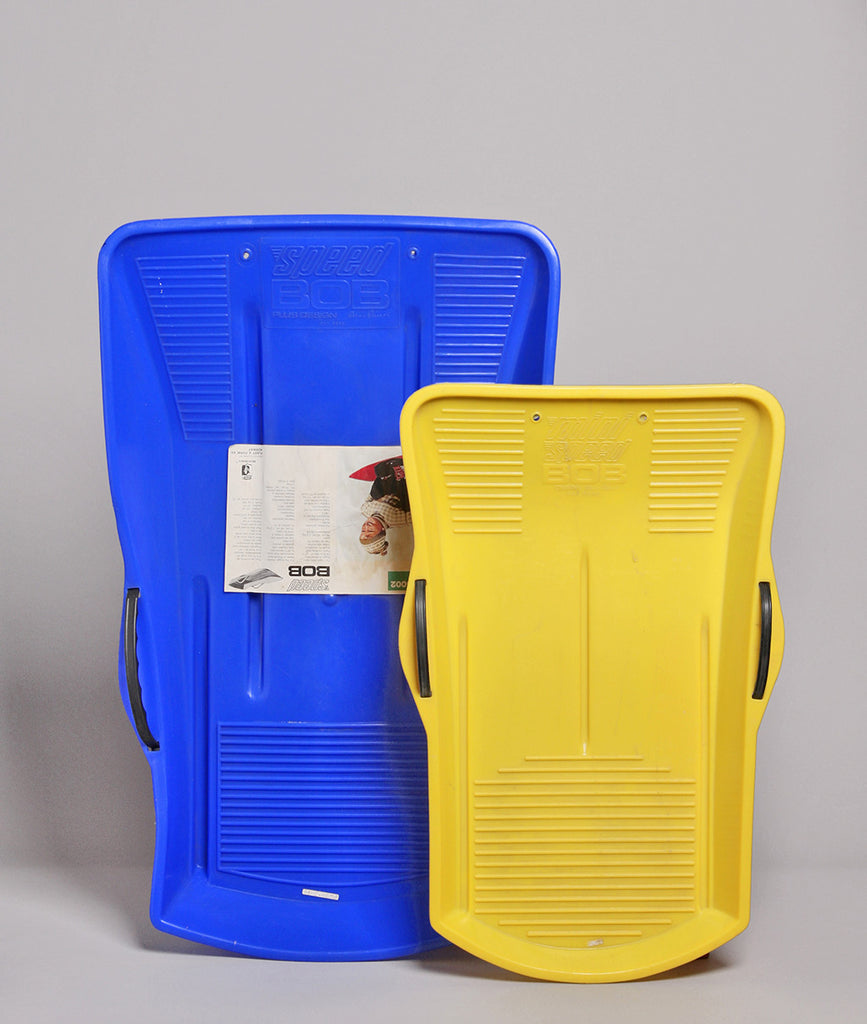
The Brukskunstnerkolonien and the organization PLUS are a unique phenomenon in Norwegian 20th-century cultural and design history. PLUS was an association of workshops, applied artists and designers stationed in Fredrikstad. The initiator was Per Tannum.
Text by Mats Linder
Already around 1940, Per Tannum had thoughts of establishing an applied artists' colony outside Oslo. The intention was to gather artisans and designers to a place where the quality of Norwegian handicrafts and finished goods industry was to be raised. Unfortunately, it turned out that the time was not ripe at that time.
The idea of establishing the applied artists' colony grew with Per Tannum. In 1958, it turned out that the time was right. On 15 November, PLUS was officially opened in the Old Town in Fredrikstad. In the course of a few months, they managed to set up a pottery workshop, a silversmith's shop, a glassblower's hut, a basket maker's workshop, a textile printing shop, a cabinetmaker's workshop and a model weaving studio.
The first years are to be regarded as the PLUS new-builder period. The work pressure was massive and not everything went smoothly. But the level of artistic activity was high and the designers were allowed to express themselves quite freely. This led to a large number of goods being put into production.
In order to add money to the organisation, a labeling system was introduced. The PLUS mark was a seal of quality for the products made within the organisation. A jury from the various workshops approved or rejected whether the products should be PLUS labeled. From the sale of the approved products, approximately half a percent of the value went back to the organisation.

Hermann Bongard's trademark for PLUS.
Another important source of income for PLUS was guided tours. Tourists were given tours of the workshops where the artists sat and worked. In the early days, there were also many international visitors to the Old Town. Including from industry, the press and diplomacy. At the same time, PLUS participated in exhibitions at home and abroad. In the mid-1960s, the economy was relatively stable. But gradually the license income decreased and the tourism business made a loss.
The glass hut, the silver smithy and the textile printing workshop were the workshops that received the most attention. Works of exceptionally high quality were also developed there. A large percentage of the products from these workshops were also exported, particularly to the USA, Germany and Sweden. 
Anna Greta Eker. Clave with pendant. Silver and wood. Model: Three x 7 – 3x7. (Belongs to the Tre series). Made at PLUS silver room for Norway Silver Designs. 1966. (Photo: Mats Linder)
 Gro Bergslien (Sommerfelt). Piece. Fabric printing. Pattern: Seed. Made by PLUS. About. 1970. (Photo: Mats Linder)
Gro Bergslien (Sommerfelt). Piece. Fabric printing. Pattern: Seed. Made by PLUS. About. 1970. (Photo: Mats Linder)
 Richard Duborgh. Plastic sledge board. Model: "Speed Bob" and "Mini Speed Bob". Plast Form A/S. 1967. Speed Bob was the first plastic skateboard produced in Norway. (Photo: Mats Linder)
Richard Duborgh. Plastic sledge board. Model: "Speed Bob" and "Mini Speed Bob". Plast Form A/S. 1967. Speed Bob was the first plastic skateboard produced in Norway. (Photo: Mats Linder)

Arne Lindaas. Polar bear. Made by PLUS. 1958/59. H. 6. (Photo: Blomqvist Online Auction)

The dissolution of PLUS
In 1975 there was a major conflict at PLUS and members resigned from the organization which was gradually weakened. The official closure of PLUS is considered to be 1978, but it continued on a low note until 1985 when the organization's statutes were changed and the PLUS school was established.
Several of the 20th century's leading designers and craftsmen have worked at PLUS. Including Tone Vigeland, Benny Motzfeldt, Arne Lindaas, Hermann Bongard, Rolf Hansen, Kristi Skintveit, Turid Holter, Richard Duborgh and many more. PLUS was, in short, a particularly important design incubator – initiated by Per Tannum.






